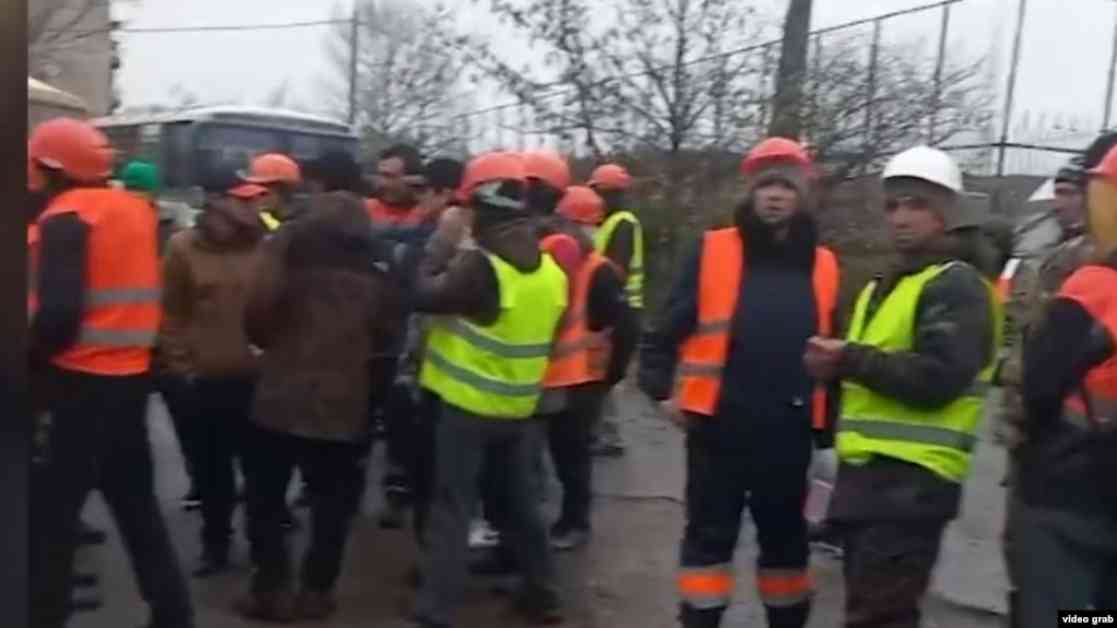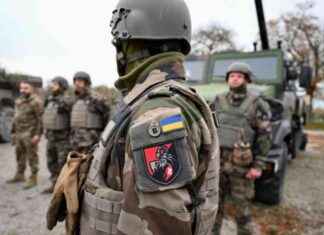In a bid to bolster its depleted military forces amidst the ongoing conflict in Ukraine, Russia has been engaging in a deceptive scheme to recruit labor migrants from Central Asian countries. This elaborate strategy involves offering lucrative non-combat job opportunities that ultimately lead to military service for the Russian army, exploiting the economic hardships and false promises of employment faced by individuals from nations like India, Nepal, Cuba, Syria, and Central Asia.
The dire situation in Russia, which has already seen a significant loss of soldiers in the range of hundreds of thousands, has prompted the country to turn to foreign civilians for military support. By misleading migrants with the allure of well-paid non-combat roles that eventually transition into combat positions, Russia has managed to transport around 100,000 individuals from countries such as Tajikistan, Uzbekistan, and Kyrgyzstan to the occupied territories in Ukraine by the end of 2023.
The Economic Incentive: A Cloak for Deception
The economic landscape of these Central Asian countries plays a crucial role in Russia’s recruitment strategy. With high unemployment rates and a heavy reliance on remittances from abroad, these nations offer a pool of individuals who are vulnerable to false promises of economic prosperity. Migrants are enticed with the prospect of higher wages, simplified documentation, and the possibility of obtaining Russian citizenship, only to find themselves in situations of exploitation, unpaid wages, and coerced military service.
Amidst this grim reality, stories of individuals like Soleh, a Tajikistani resident who was offered citizenship in exchange for signing a military contract while in a deportation center, shed light on the manipulative tactics used by Russian authorities. While some like Soleh managed to resist these pressures, many others have been coerced into military service against their will, facing the harsh consequences of their decisions.
Legal Implications and Ethical Dilemmas
The legal framework surrounding the participation of citizens from countries like Kyrgyzstan, Uzbekistan, and Tajikistan in foreign conflicts as mercenaries remains complex and often inadequately enforced. Despite legal prohibitions against such activities, individuals continue to be lured into combat roles in occupied territories under the false pretense of civilian employment.
Ukrainian authorities have taken a firm stance against any form of collaboration with the military aggressor, viewing all activities in the occupied regions as criminal offenses. As a result, migrants who find themselves embroiled in these conflicts face uncertain legal consequences, with minimal prospects for prisoner exchanges or legal recourse.
As the conflict in Ukraine rages on, the plight of Central Asian migrants caught in the web of deception and manipulation orchestrated by Russia serves as a stark reminder of the human cost of war. While the economic incentives may appear enticing at first glance, the harsh realities faced by these individuals underscore the urgent need for international cooperation and legal safeguards to protect vulnerable populations from exploitation and abuse.
This is the reality for many Central Asian migrants who have been unwittingly drawn into the conflict in Ukraine, their stories a poignant reminder of the complex web of geopolitical interests and human vulnerabilities that define the landscape of modern warfare. As the world grapples with the implications of Russia’s deceptive recruitment tactics, the need for ethical accountability, legal oversight, and support for those affected by these practices becomes increasingly urgent.

















